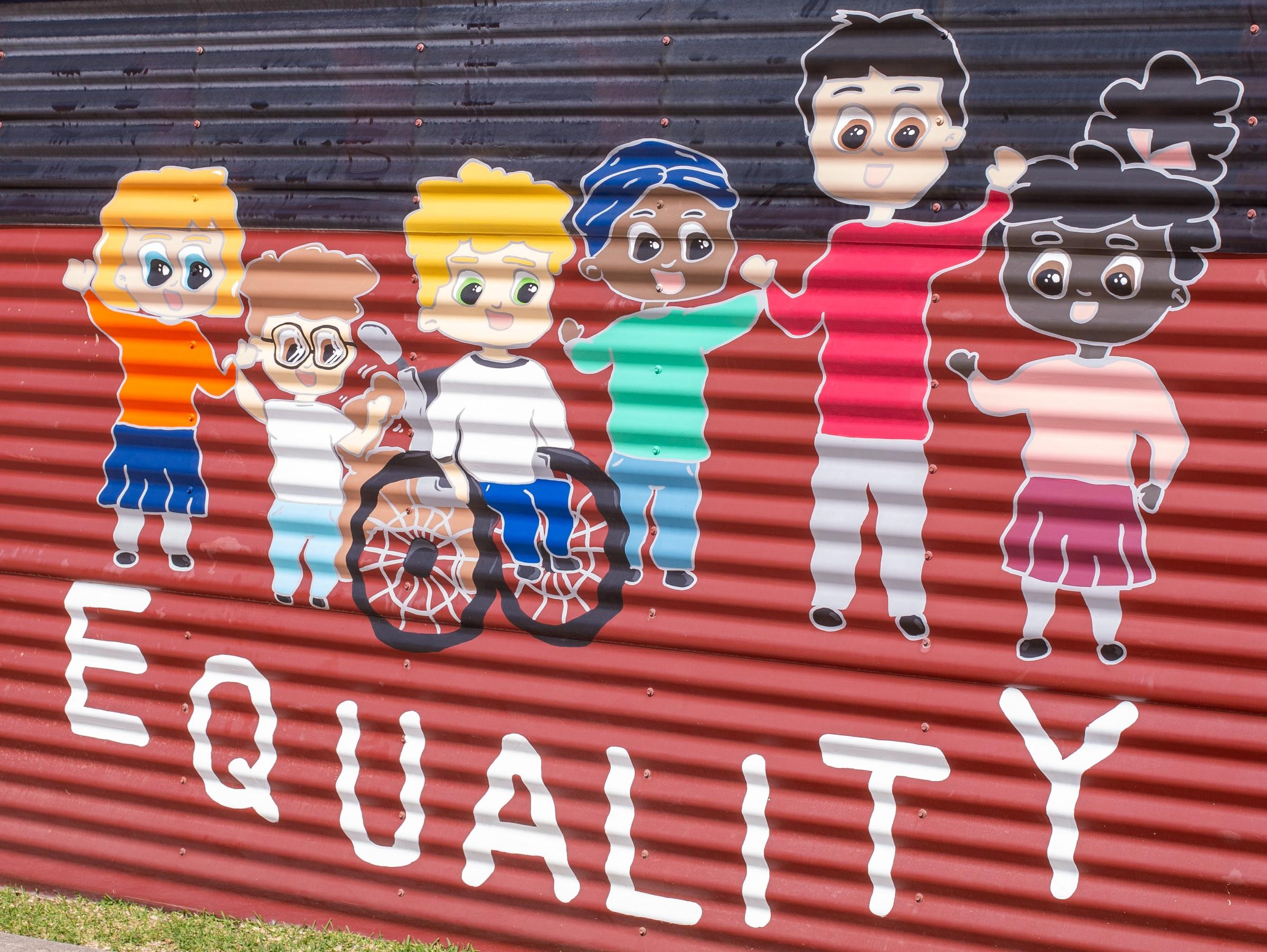Student Wellbeing

Self Esteem
Self-esteem is feeling worthwhile, believing in yourself and knowing what you do well.
Self-esteem gives children the confidence to:
- Try new things
- Do things they may not enjoy or normally be good at
- Face challenges rather than avoid them
When children try new things, face challenges and bounce back they learn and grow. This is why self esteem can be an important part of child development.
Primary school-age children and self-esteem
In school, children might compare themselves to their friends and classmates. At this stage, self-esteem can be influenced by various factors, including how well they learn, how they look, how they do at sport and how easily they make friends.
School challenges may seem to impact your child’s self-esteem, as they might feel less capable than others for the first time. However, this experience can teach them that they don’t need to excel at everything to be loved, valued, and to feel confident in themselves.
Here are ways you can help:
- Give extra love and cuddles at the end of the school day. This helps your child remember you love them, regardless of how their day went.
- Focus on the effort your child puts in and the courage it takes to try new or difficult things. For example, ‘I know you were worried about dancing in the concert, but you were so brave to give it go’.
- Encourage your child to try again when things don’t go to plan the first time. You could say, ‘Go on, give it another try – I believe you can do it if you keep trying’. This also builds your child’s resilience.
- Show your child that you value them, regardless of whether they win or lose something. For example, you can ask questions like ‘Did you give it a good try?’ or ‘Did you have fun?’ before you ask ‘Did you win?’
- Coach your child through tricky social situations. For example, ‘Try giving a big smile when you want to join in. People will want to play with you if you look friendly’. You could try role-playing these situations with your child first. This helps your child feel confident about making friends.
- Give your child opportunities to try different things. Listening to or playing music, drawing, painting, making things and reading for enjoyment are all ways to help your child value their abilities and build self-esteem.
